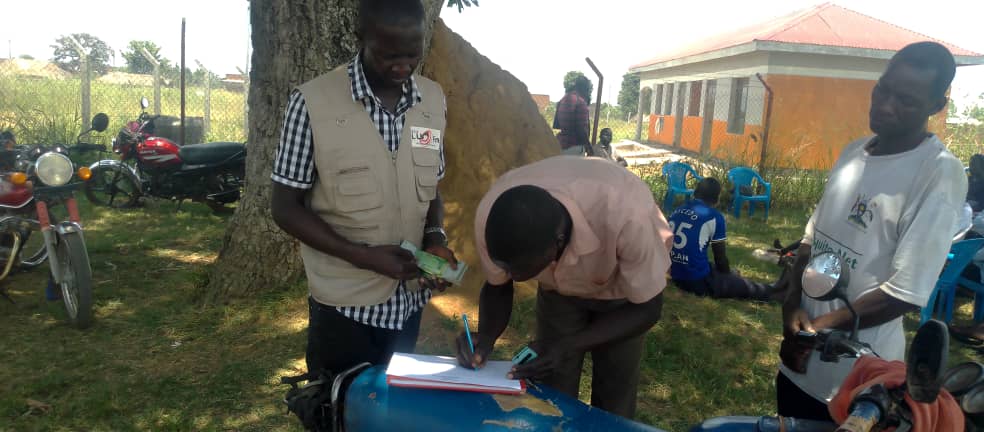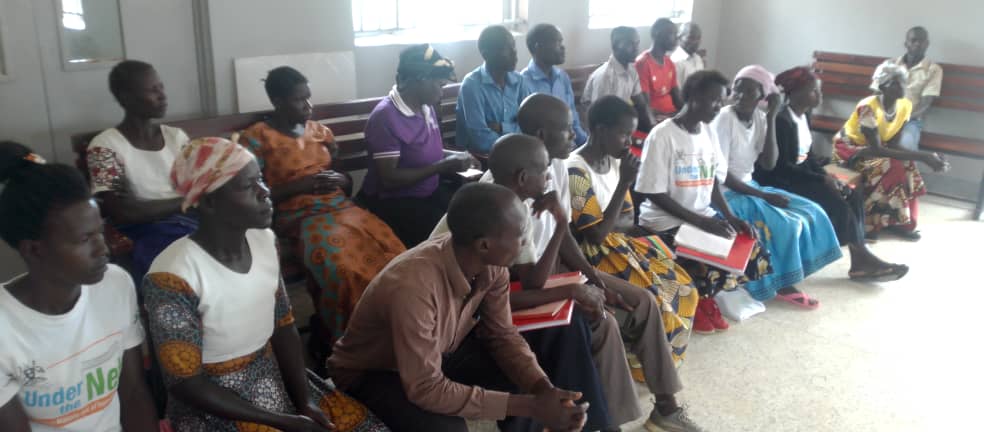
 LUO FM
LUO FM

 LUO FM
LUO FM
1 October 2024, 7:41 pm
By Vincent Kaguta

Despite their selfless dedication to providing essential health services in rural communities, the Village Health Teams (VHTs) in Agago west constituency, Agago district, have expressed deep concern over the Ugandan government’s disregard for their role in society.
The voluntary efforts of the VHTs have bridged gaps where government health services are scarce, bringing hope and relief to those in need. Their tireless commitment to improving rural community wellbeing through primary healthcare provision, health education, support for vulnerable people, and connecting individuals to vital services is truly inspiring.
Ogwal Benson, a VHT attached to Omot health centre III in Omot subcounty, Agago district, noted that despite their contributions in saving lives, alleviating suffering, and strengthening community resilience, VHTs face numerous challenges that need government attention.
He cited the need for government facilitation and motivation as key issues. While VHTs were promised an allowance of at least 150,000 shillings per month, they continue to face financial strain in meeting basic needs, including school fees for their children.
Amono Juliana, a VHT member from Lamiyo village in Ojuu parish, Lamiyo subcounty, highlighted additional challenges, such as the lack of bicycles and motorcycles for easier mobility when treating patients in their area, and the need for smartphones to facilitate data collection and reporting.
Alanyo Catherine, a VHT peer at Lunyirinyiri health centre II in Lira Palwo subcounty, Agago west constituency, mentioned the need for uniforms and protective gear, such as overalls, gloves, and bags, to support their work at the health centre.
Omara Emmanuel, a Health Information Assistant in Lamiyo subcounty, Agago district, pointed out that Uganda, like many African countries, suffers from a serious shortage of health personnel to oversee and guide the community in implementing basic health interventions.
He emphasised that community participation and empowerment enable communities to take responsibility for their own health and wellbeing and actively participate in managing local health services.
The establishment and utilisation of VHTs demonstrate Uganda’s commitment to the aspirations of Primary Health Care and Health Systems in Africa, fostering full community involvement in healthcare delivery in line with Uganda’s primary healthcare approach.